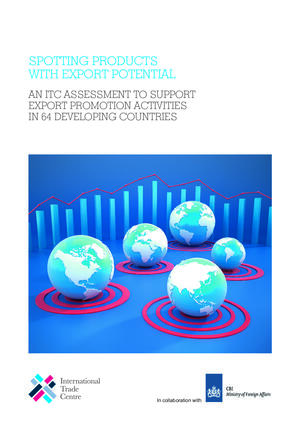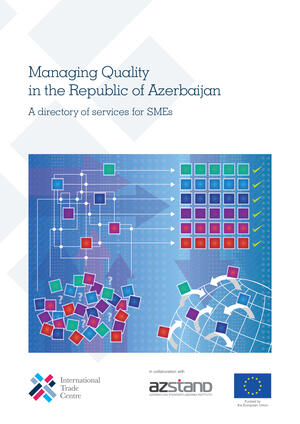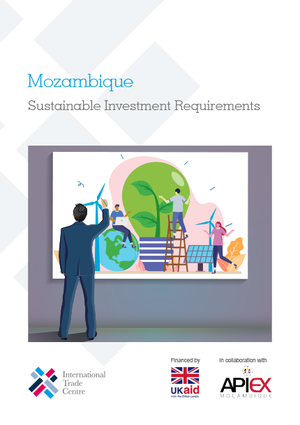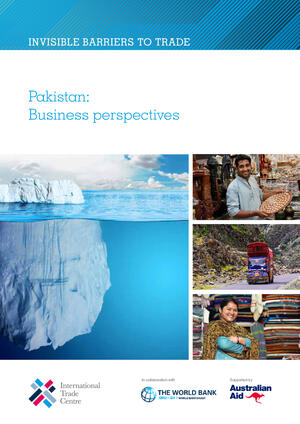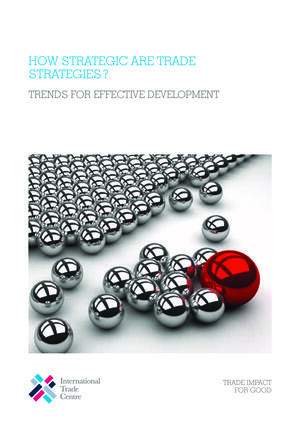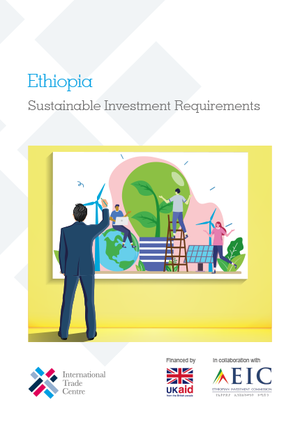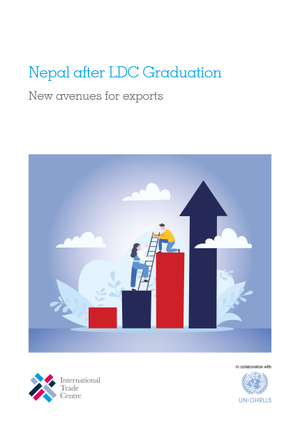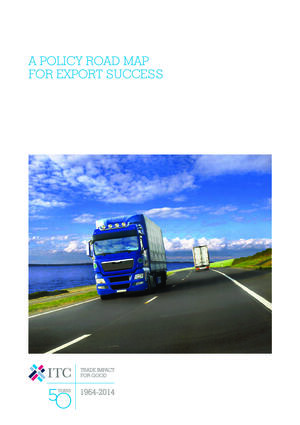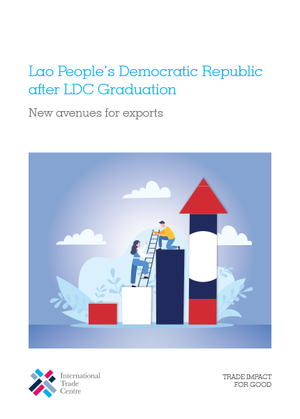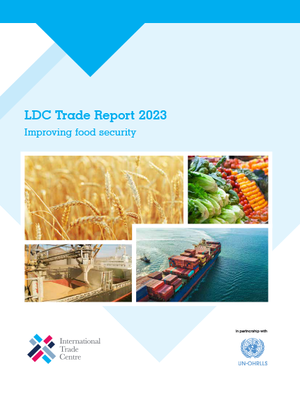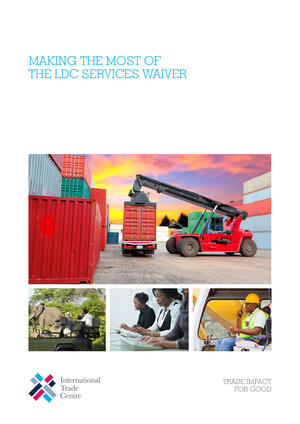Spotting Products with Export Potential - An ITC Assessment to Support Export Promotion Activities in 64 Developing Countries (en)
Countries have room for export growth in non-traditional markets, according to an ITC assessment of 64 developing countries’ export opportunities in European, South-South and regional markets. African and Latin American countries find potential to export ‘traditional’ products (like fruits,...




